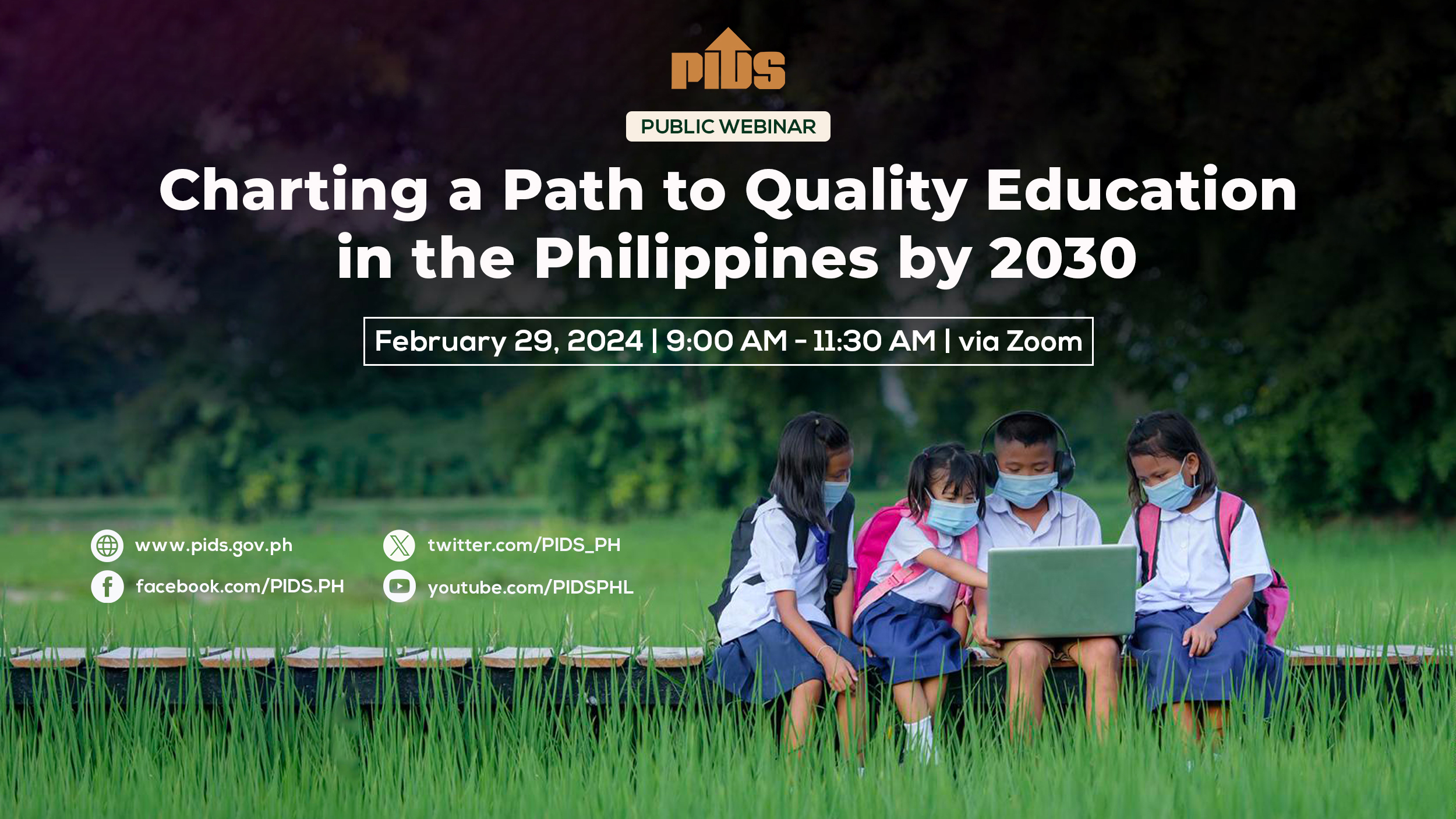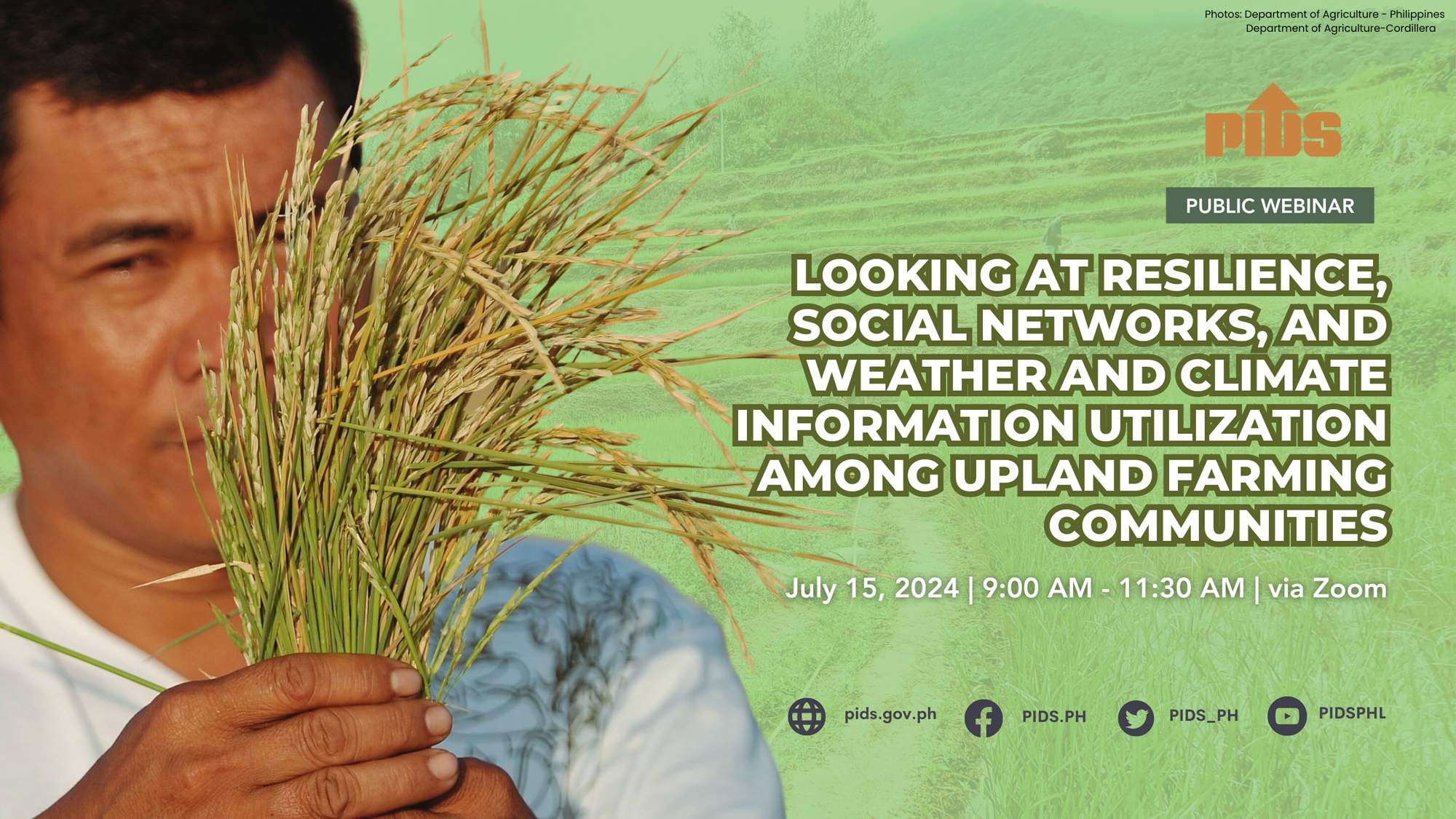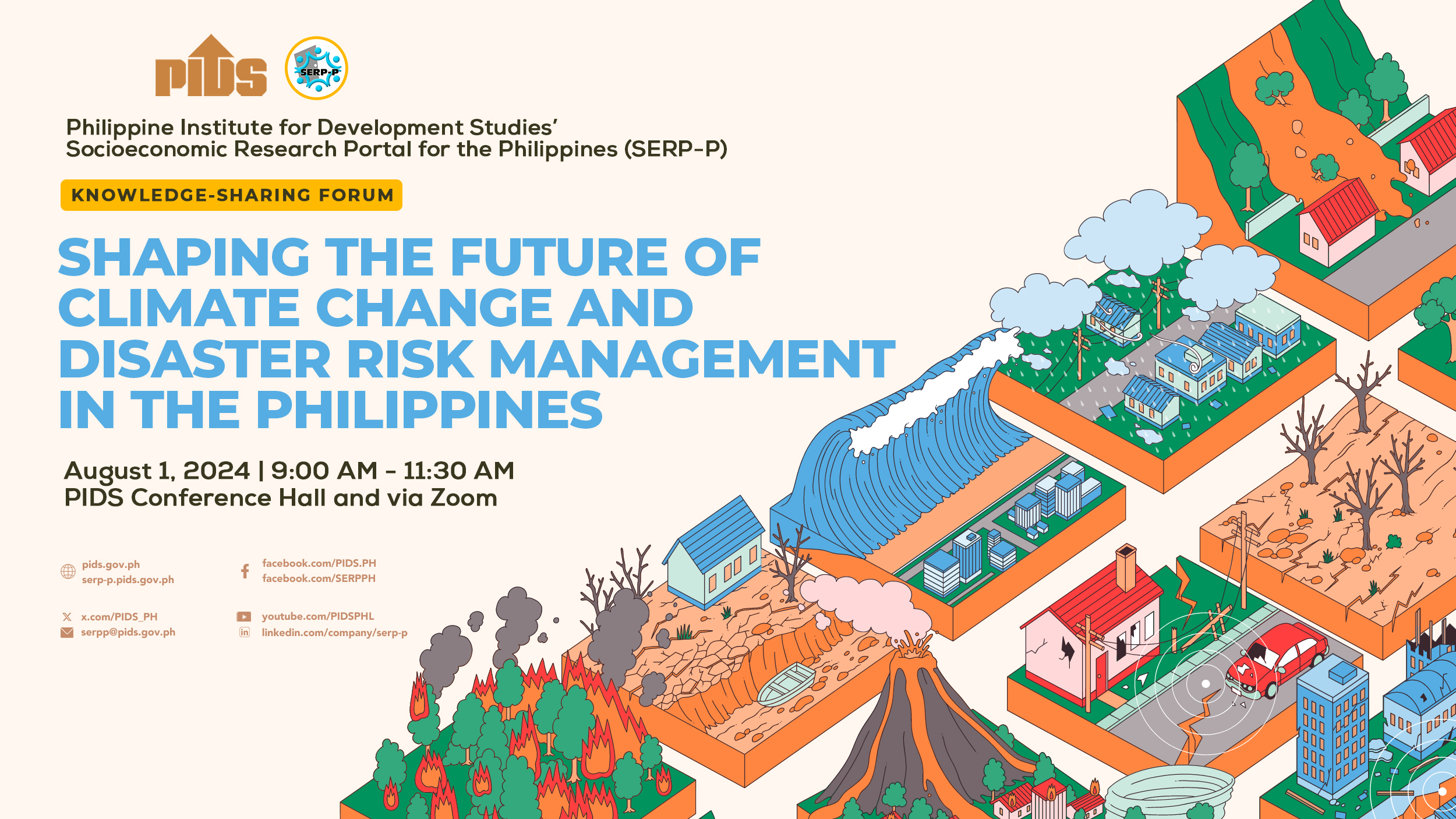THE scorching heat suffocating our classrooms is more than just an inconvenience — it is a symptom of a deep-seated crisis in our education system. This is not merely about reverting to the old academic calendar, shifting school schedules, or resorting to Alternative Delivery Modes (ADMs); it is about confronting the urgent reality that our schools are unprepared for the escalating threats of climate change.
While reverting to the previous academic calendar, suspending classes, and shifting to ADMs may offer temporary relief, they are not enough—we need to address the root problems.
The Student Council Alliance of the Philippines (SCAP) together with Multiply-Ed urge the Department of Education (DepEd), the Commission on Higher Education (Ched), and the Marcos Jr. administration to implement proactive, systemic climate-responsive reforms. Overcrowded classrooms, poor ventilation, and the nationwide shortage of 159,000 classrooms make schools increasingly uninhabitable, endangering students' health and education.
Frequent class cancellations due to extreme heat and severe flooding during rainy seasons have worsened pandemic-induced learning losses, exposing deep structural weaknesses in the education system. The Multiply-Ed monitoring report highlights how unprepared schools remain in the face of crises, with 42% of teachers believing students did not learn from blended learning, 66% of students lacking their own textbooks, and 13% not receiving their self-learning modules on time.
ADMs were meant to be a solution, but they’ve only exposed deeper inequalities — many students still lack access to stable internet and learning devices, making remote education impossible for them. If ADMs are to be a viable solution, the government must invest in digital infrastructure, expand free internet access, and equip students and teachers with the necessary tools they need to ensure learning continues despite disruptions.
At the policy level, decisive action is needed to protect instructional time. Preliminary findings from the Second Congressional Commission on Education (EDCOM II) and the Philippine Institute for Development Studies (PIDS) reveal that 53 teaching days were lost in School Year 2023–2024 due to non-teaching tasks and climate-related disruptions. This deepens educational inequities, particularly for students in underfunded public school.
The government must strengthen teacher support systems, streamline administrative burdens, and safeguard classroom time, but true education resilience requires more than just stopgap measures. Schools must be transformed into centers of climate adaptation, where climate literacy is integrated into curricula, sustainable energy solutions are implemented, disaster risk reduction programs are strengthened to ensure uninterrupted learning, and it also means investing in climate-resilient infrastructure, including heat-resistant materials, improved ventilation, and flood-proof school designs, to make classrooms safer and more conducive to learning despite extreme weather.
Achieving this requires the Marcos Jr. administration to actively seek climate financing from both national and international sources, not as mere aid but as reparations for decades of environmental destruction disproportionately affecting the Global South. While students in countries like the Philippines endure underfunded and unprepared education systems, wealthier nations and corporations—historically more responsible for the climate crisis—continue to profit.
Beyond all of these, addressing these injustices means not only securing funding for climate-resilient schools but also empowering the youth and students who are directly affected by these crises, to have a seat at the table, as key stakeholders in shaping climate and education policies, ensuring that those most affected by these crises have a decisive role in crafting solutions.
The reality is clear: the climate crisis is an education crisis. Rising temperatures, severe flooding, and other climate-driven disasters threaten learning continuity and deepen inequalities. The Multiply-Ed monitoring report underscores what should already be evident—our education system must become climate and disaster-resilient and crisis-responsive. Ensuring climate- and disaster-resilient schools is not just an option—it is an obligation.












